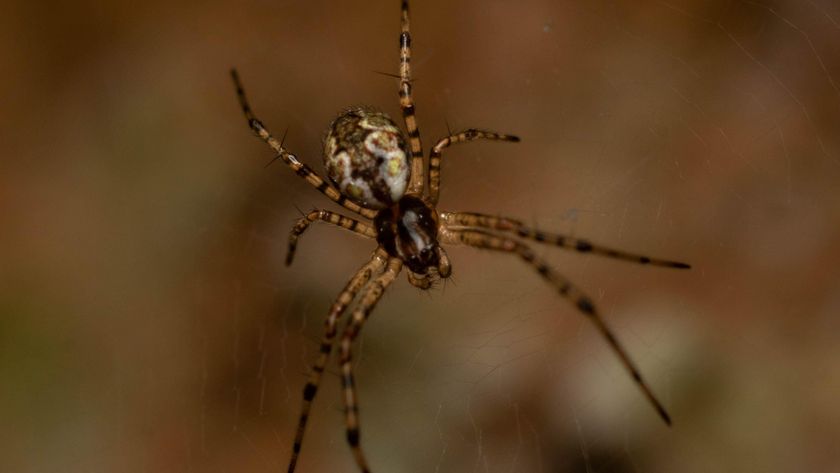Colder Climate Tied to Longer Animal Lives
The colder your environment, the longer you might live — if you're cold-blooded — a new study finds.
This relationship between temperature and lifespan could have implications for cold-blooded species in our warming world, the study authors say.
Stephan Munch and Santiago Salinas, both of Stony Brook University in New York, were intrigued by a major difference in the lifespans of two populations of pearl mussels. One group in Spain had a maximum lifespan of 29 years, while another group in Russia lived up to 200 years.
Despite the fact that there was only a small difference in the latitudes of the two populations — 43 degrees north latitude for Spain and 66 degrees north latitude for Russia (compared to say the equatorial tropics and the Arctic) — the researchers wondered whether the temperature variation between those spots could account for the drastic difference in lifespans.
"While one might expect that local adaptations or geographic variations in predator and food abundance would account for this disparity, we wanted to see whether the geographical variation in lifespan that we see in all sorts of species has a common physiological basis in temperature," Munch said.
Munch and Salinas looked at lifespan data from laboratory and field observations for more than 90 species from land, freshwater and marine environments. They included cold-blooded organisms that ranged in average lifespan from 11.6 days for the copepod (small crustaceans) Arcartia tonsa to 74 years for the pearl mussel (Margaritifera margaritifera).
Their findings, detailed in the July 27 issue of the journal Proceedings of the National Academy of Sciences, show that across the range of habitats and species, temperature was consistently exponentially related to lifespan — so the colder the climate, the longer the lifespan animals tended to have compared to the same species living in warmer temperatures.
Sign up for the Live Science daily newsletter now
Get the world’s most fascinating discoveries delivered straight to your inbox.
Colder and older
This pattern fits into what scientists call the metabolic theory of ecology (MTE), which is used to explain how life history, population dynamics, geographic patterns and other ecological processes scale with an animal's body size and temperature.
"You can think of an animal as a beaker in which chemical reactions are taking place," Salinas, a graduate student at Stony Brook, said. "The same rules that apply to a liquid inside a beaker should apply to animals. Chemists have relationships for how an increase in temperature will speed up reaction rates, so the MTE borrows that relationship and applies it — with some obvious caveats — to living things."
Munch and Salinas found that the lifespan for 87 percent of the species they studied varied as predicted by the MTE, so those that lived in colder temperatures had longer lifespans.
But after removing the effect of temperature, there was still considerable variation in lifespan within a given species, which suggests that other local factors (such as food abundance or predation) still played a role in determining the lifespans of different groups.
Future implications?
With warmer temperatures creeping poleward, many cold-living species could be subjected to warmer environments than those they're adapted to.
"It is interesting to consider how cold-blooded species are likely to react in the face of global warming," Salinas said. "Because of the exponential relationship between temperature and lifespan, small changes in temperature could result in relatively large changes in lifespan."
"We could see changes to ecosystem structure and stability if cold-blooded species change their life histories to accommodate warmer temperatures but warm-blooded species do not," he added.
Another recent study found that warming temperatures could favor small-bodied creatures, also potentially causing cascading ecological changes in a warming world.
- Video – Goldilocks and the Greenhouse
- Top 10 Surprising Results of Global Warming
- Global Warming News and Information












